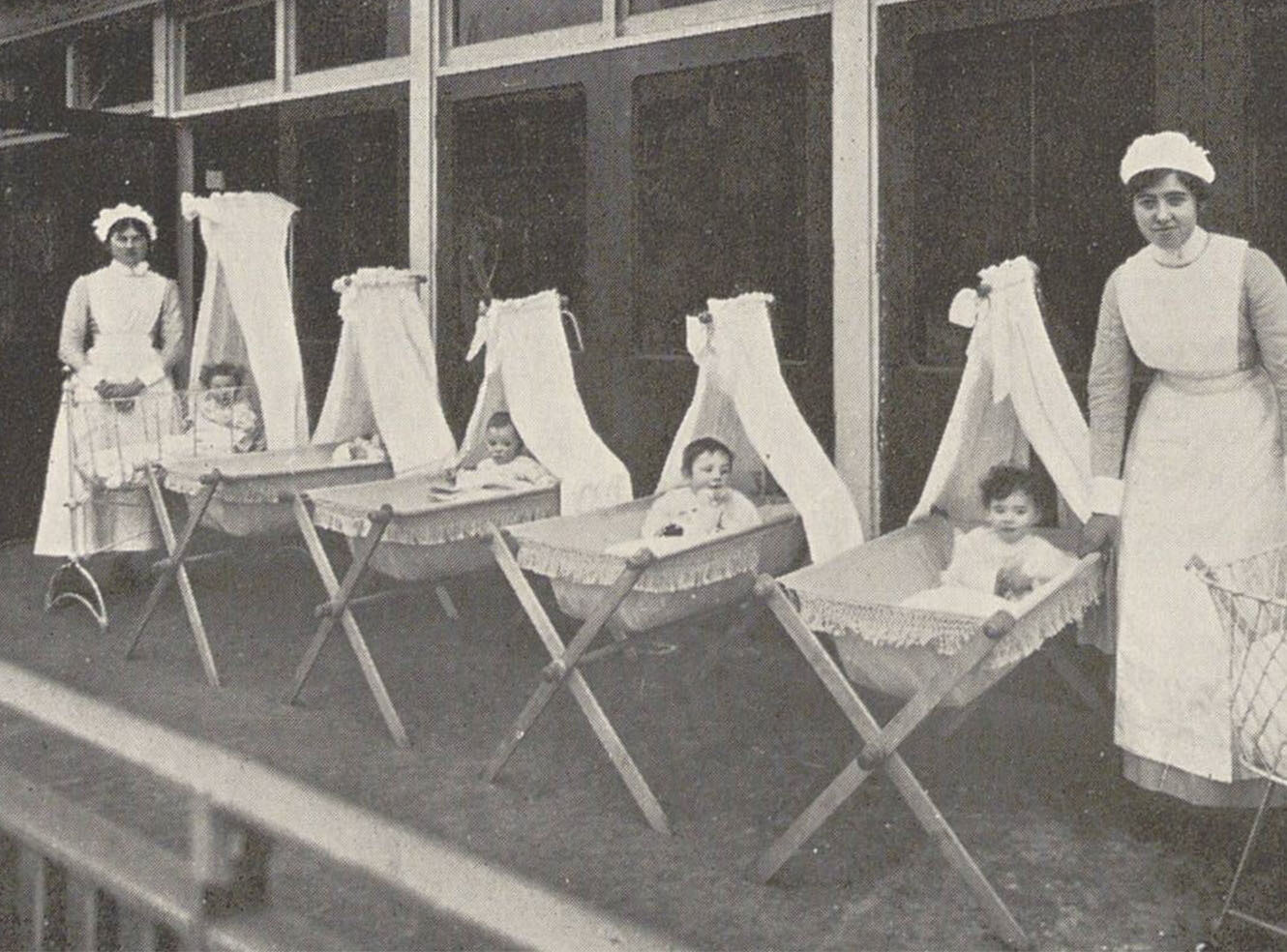New digital archive expands awareness of Baptist society’s mission
More than 175 years of Southern Baptist history is showcased in a new digital archive launched by the International Mission Board (IMB).
AI-powered automated transcription services are being leveraged to broaden access and discovery of the IMB’s manuscript materials and upcoming oral history collections, as well as to create workflow efficiencies and accelerate the publication of new collections.
With some material pre-dating the Virginia-based society’s creation in 1845, the IMB’s extensive archives reveal the lives and missions of Southern Baptist missionaries across the globe. The experiences of figures including Lottie Moon are told through periodicals and journals, biographies, log books, photographs and more, while John Day, the IMB’s first black missionary, features heavily in the African-American Heritage Collection.
Primarily serving the society’s Southern Baptist constituents, the archive’s patrons also include academic institutions and secular and religious organisations, private researchers and descendants of missionaries. A major goal for the IMB was to ensure that its digital archive was migrated to a highly visual digital collections platform that would be easy for all its patrons to use.
We knew we needed to migrate to an up-to-date system with an attractive, modern interface, and the ability to search and view the items themselves, not just transcripts as we had provided previously. We looked at a number of solutions and many of them were plaintext based products, whereas AM Quartex really stood out for its visual appeal as well as for asset management. We got really excited by its broad capabilities and ease of use, and for the range of assets we would be able to display.
Central to the IMB’s aim in reimagining its digital archive is the opportunity to collaborate with other organisations and archives of missionary and church history. "The libraries at Baylor University and Samford University both have materials relating to IMB personnel and both are also digitally accessible through Quartex. The launch of the IMB’s digital archive extends this network of archives and libraries, making research into our community easier and more rewarding for our patrons, said Scott Peterson, Manager of Archives, Records & Libraries at the International Mission Board.
As archivists, our role is to tell stories of the faithfulness of personnel through the years, of the churches that supported them and of God in supporting both. We hope that our new digital archive will foster greater appreciation of the IMB and support for our mission, initiate new donations of historical materials and perhaps encourage patrons to consider serving as missionaries themselves.
Martin Drewe, Head of Customer Experience at AM, said, “We worked very closely with the IMB library team to design and build a distinctive public interface for its growing corpus of digitised material. The result is a testament to the clarity of the IMB’s vision in seeking a highly visual and intuitive portal for researchers of Southern Baptist history.”
Recent posts

AM’s new resource, A Global History of Epidemics, 1800-1970, offers interdisciplinary researchers unique primary sources, interactive tools from maps to timelines, and expert essays, to explore disease history, colonialism, and public health advancements within the British Empire and beyond.

